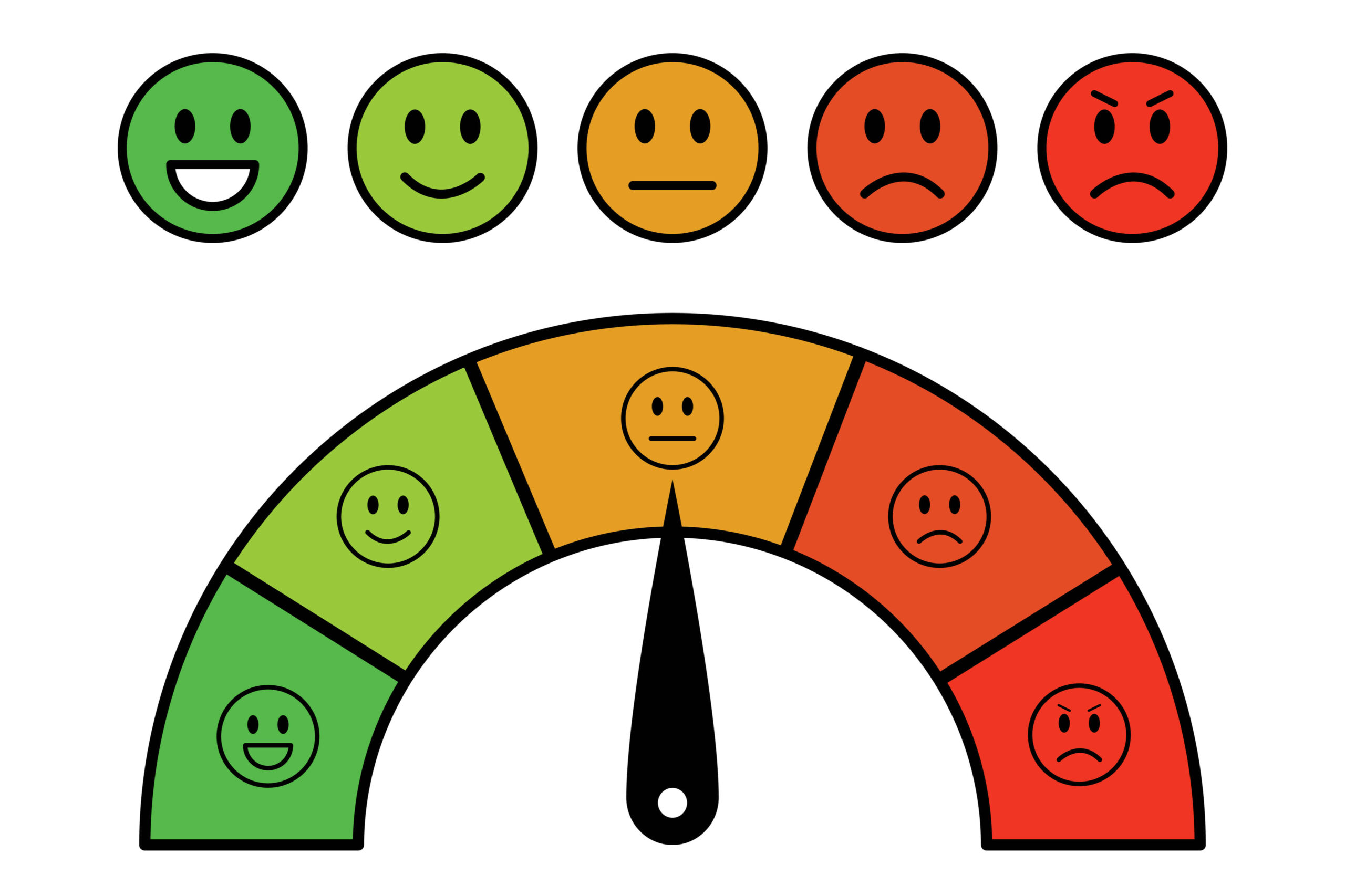Do emotions predict eating? The role of previous experiences in emotional eating in the lab and in daily life
Altheimer et al. (2021) conducted these two studies to determine if it is important to consider individual differences in the associations that people make between eating and specific emotions. The first study recruited 118 participants, while 111 individuals took part in the second study. Both studies asked their subjects to report on their tendencies to eat after experiencing sadness and anxiety, and measured their food intake after these emotional events. The difference between the two study designs was that the effects of sadness and anxiety were observed in the lab in study 1, while the focus of study 2 was the perceived influence of these emotions in daily life. The researchers hypothesized that consumption would be higher after inducing these emotions on self-professed sad or anxious eaters, but results did not suggest greater intake in either study. The conclusion was that sad or anxious eating behaviors are not determined by differences in people’s associations between eating and sadness and anxiety. [NPID: emotions, emotion regulation, emotional eating, sadness, anxiety]
Year: 2021
 Navigation
Navigation






